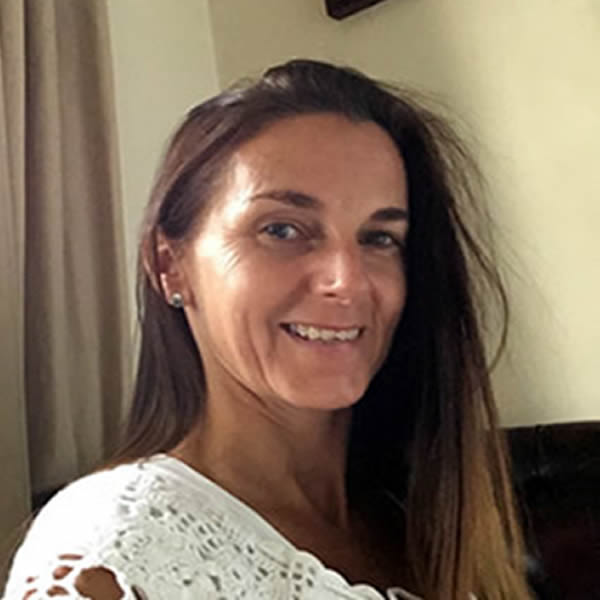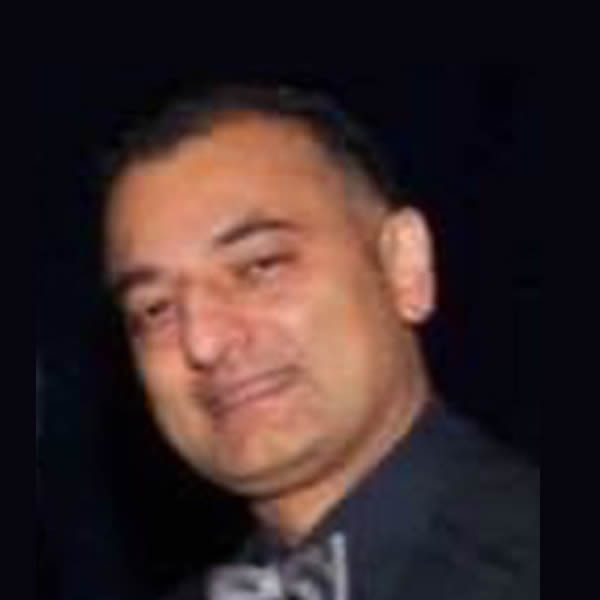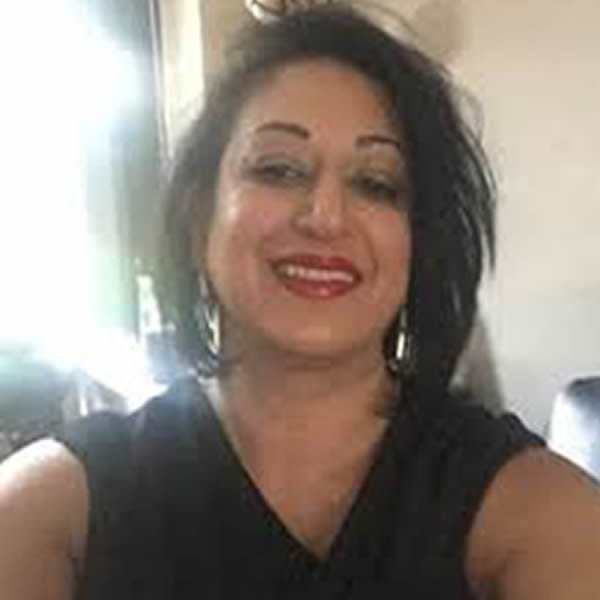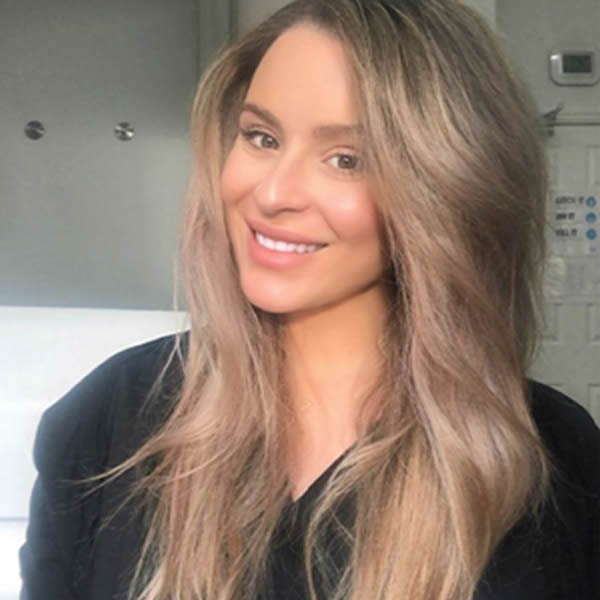Vulvodynia
Vulvodynia is the term used to describe women who experience the sensation of vulval burning and soreness in the absence of any obvious skin condition or infection. The sensation of burning and soreness of the vulva can be continuous (unprovoked vulvodynia) or on light touch eg. sexual intercourse or tampon use (provoked vulvodynia). Women who have unprovoked vulvodynia were formally know as having dysaesthetic vulvodynia where pain was felt without touch. Vestibulodynia is the term replacing vestibulitis where pain is felt on light touch. A recent change in the terminology of these conditions means that the description of women with vulvodynia can be more uniform amongst health professionals and patients. Many women have symptoms which overlap between both conditions. Dysaesthetic vulvodynia and vestibulitis are now obsolete terms that you’ll hear less and less frequently as they are phased out. Vulvodynia causes of vulval burning and soreness usually as a consequence of irritation or hypersensitivity of the nerve fibres in the vulval skin. The abnormal nerve fibre signals from the skin are felt as a sensation of pain by the woman. This type of pain can occur even when the area is not touched. Another example of nerve -type (neuropathic pain) like vulvodynia is the pain some people experience with an attack of shingles. Once the rash of shingles has disappeared the area of skin where the rash was can be intensely painful and sore despite the skin appearing normal. The condition is called post-herpetic neuralgia.
What are the symptoms?
The pain described by women with unprovoked vulvodynia is often of a burning, aching nature. The intensity of pain can vary from mild discomfort to a severe constant pain which can even prevent you from sitting down comfortably. The pain is usually continuous and can interfere with sleep. As with long-term pain of any cause you can have good days and bad days. Itching is not usually a feature of the condition. The pain in unprovoked vulvodynia is not always restricted to the vulval area (area of skin on the outside of the vagina) and some women get pain elsewhere. This can be around the inside of the thighs, upper legs and even around the anus (back passage) and urethra (where you pass urine). Some women also have pain when they empty their bowels. Unprovoked vulvodynia can have an affect on sexual activity and is associated with pain during foreplay and penetration. The most prominent of symptoms are The most prominent amongst these are: Itching, Rawness, Throbbing, Burning, Stinging, Soreness, Pain during intercourse (dyspareunia) and Dysuria and other urological symptoms. In fact, women afflicted with this condition report difficulty in the simple activities like sitting at a desk, bicycle riding, social events and even maintaining a sexual relationship. In some women with unprovoked vulvodynia the burning sensation can be generalised over the whole genital area. Alternatively it can be localised to just the clitoris (clitorodynia) or just one side of the vulva (hemi-vulvodynia).
Causes of Vulvodynia
Treatment
To being with, a multi-disciplinary approach is adopted for the treatment of vulvodynia. These primarily include medications, therapies and lifestyle modifications.
Here we briefly list the most important treatment modalities:
- Medications
- Anti-depressants and anti-epileptic drugs such as amitriptyline, gabapentin and pregabalin
- Creams and lotions such as the 5% Lidocaine that can be obtained over-the-counter
- Fluconazole
- Calcium citrate
- Anaesthetics
- Estrogens
- Other treatments
- Pain management therapy
- Laser therapy
- Surgery (Vestibulectomy)
- Anticonvulsants
- Physical therapy and biofeedback
- Pelvic floor therapy
- Non-pharmacologic
- Psychological therapy
- Behaviour modification
- Balanced diet (prefer a low-oxalate diet)
Vulvar Care Measures There are a vast series of preventive vulvar care measures that you can take to avoid the occurrence of vulvodynia. Here we list the main amongst them:
- Avoid using soap on the affected area. When necessary, just wash off with lukewarm water.
- Don’t use products like petroleum jelly, bath oils, creams, bubble baths sprays and shampoo on the genital area.
- Avoid wearing tight clothing and prefer to wear only cotton underwear and inner.
- Avoid using contraceptive creams and devices.
- Wash genital area under clean running water.
- Use only white, cotton toilet tissue.
- Do not sit in a wet swimsuit for long hours.
What is there to see on examination?
Usually there is nothing to see on examination as the problem lies with the nerve fibres themselves which are not visible to the skin. Just because your doctor cannot see anything does not mean that there is nothing present.
How is it treated?
Pain that originates from nerve fibres, is best treated with drugs that alter the way that the nerve fibres send their impulses to the spinal cord and give the sensation of pain. The most experience to date in treating vulvodynia has been with the tri-cyclic antidepressants. These can be prescribed by your doctor in doses lower than is used to treat depression. The drugs are used because is alters the way the nerve fibres transmit the sensation of pain, not because the doctor thinks it’s all in your mind! Some women do gain some benefit from different types of creams and lotions applied to the vulval area which do act as soothing agents, but it generally best to avoid all creams unless they have been prescribed by your doctor.
How does it differ from vestibulodynia (formerly vestibulitis)?
| Vulvodynia (unprovoked pain) | Vestibulodynia (provoked pain) | ||
| · | Spontaneous pain | · | Pain with light touch eg tampon use or |
| · | Pain is burning and sore in nature | sexual intercourse | |
| · | Itching not usually a problem | · | Usually no symptoms at other times |
| · | Can be generalised around the | · | Can be generalised around the vulva |
| vulva or localized | or localized | ||
In Summary, A vast series of health and lifestyle-related factors might contribute to the development of vulvodynia. Here we list the main contributing factors: Repetitive yeast infections, Frequently taking antibiotics, Rashes on the genital area, chemical irritation of genital area with from factors like soaps or detergents in clothing, Laser treatment or surgery on the genital area, Past or existing genital warts and Nerve irritation or muscle spasms in the pelvic area For a minority of women with vulvodynia, back problems eg slipped discs, can cause spinal nerve compression and cause referred pain to the vulval area. In the majority of cases, however, the precise cause of the nerve damage or irritation remains unknown (idiopathic). The following have been implicated:
Irritant dermatitis is common. Irritants include Soap, panty liners, synthetic underwear, Moistened wipes, deodorants, douches, Lubricants, spermicides, Topical medication, Urine, faeces, excessive vaginal discharge. Allergic contact dermatitis, e.g. prescribed topical medication.
Other causes include: Oestrogen-deficient vulvovaginal atrophy., Recurrent herpes simplex infection, herpes zoster and post-herpetic neuralgia, lichen sclerosus, erosive lichen planus. Behçet’s syndrome, cicatricial pemphigoid, Sjögren’s syndrome. Vulval intraepithelial neoplasia and carcinoma.
Treatments available from your doctor
Tricyclic antidepressant tablets mentioned above is a standard treatment. The treatment is in tablet form, starting at a low dose and then increasing every few days until the pain subsides. The response to treatment is not overnight and may take several weeks. It is often necessary to continue with treatment for three to six months. Examples of tablets include amitryptyline, nortryptyline and dothiepin.
The major drawback for some women on treatment are the side -effects; however these usually settle within the first few weeks of treatment and are not usually exacerbated by increasing the dose. The most common effect is that of tiredness which affects many women. If this occurs try taking the tablets before you go to bed. If this makes you sleepy in the morning and you have difficulty in getting out of bed, try taking the dosage slightly earlier like at teatime. Constipation, having a dry mouth and occasional blurred vision are other complaints whilst on treatment. If you are constipated try taking Senna or Fybogel which are weak bowel stimulants.
Vaginal lubricants such as Replens or Sylk can help during intercourse. The are mucous – like and last longer than conventional lubricants. (See also aqueous cream, below.)
Complementary treatments are widely used by women with vulval pain and can be more successful than prescription based treatments. Most of the following treatments are available from health shops and can be used safely. If unsure ask your doctor. Aloe Vera gel, Calendula, Dr Bach Rescue cream and hypercal creams are alternative, homeopathic treatments useful for treating sore and painful skin. Try each one separately, but be careful of irritation when applying the cream. Aqueous cream is a very bland plain emollient (soothing cream) that is usually used for treating dried cracked skin. It is perfume-free and is therefore less likely to irritate than the steroid creams. Many women gain benefit from the use of this cream as it soothes and rehydrates the skin. Some women keep the cream in the fridge and this can help even furthe r with inflamed skin. It can be used indefinitely and as frequently as you like. It is available without prescription and can be used as a soap substitute and even a sexual lubricant. You can also use emulsifying ointment for washing. If you find it too thick, thin it down with some boiling water. Emulsifying ointment or alternatively Epaderm cream both make good barrier creams for swimming and also good sexual lubricants. For severe attacks of pain Aveeno (oatmeal) sitz baths are an alternative treatment available from most health shops without prescription. Place one sachet in the bath and bathe for 20 minutes. This can be repeated up to four times a day. Alternatively, Emulsiderm bath lotion may help, or Oilatum in the bath.









Leave a Reply
Want to join the discussion?Feel free to contribute!